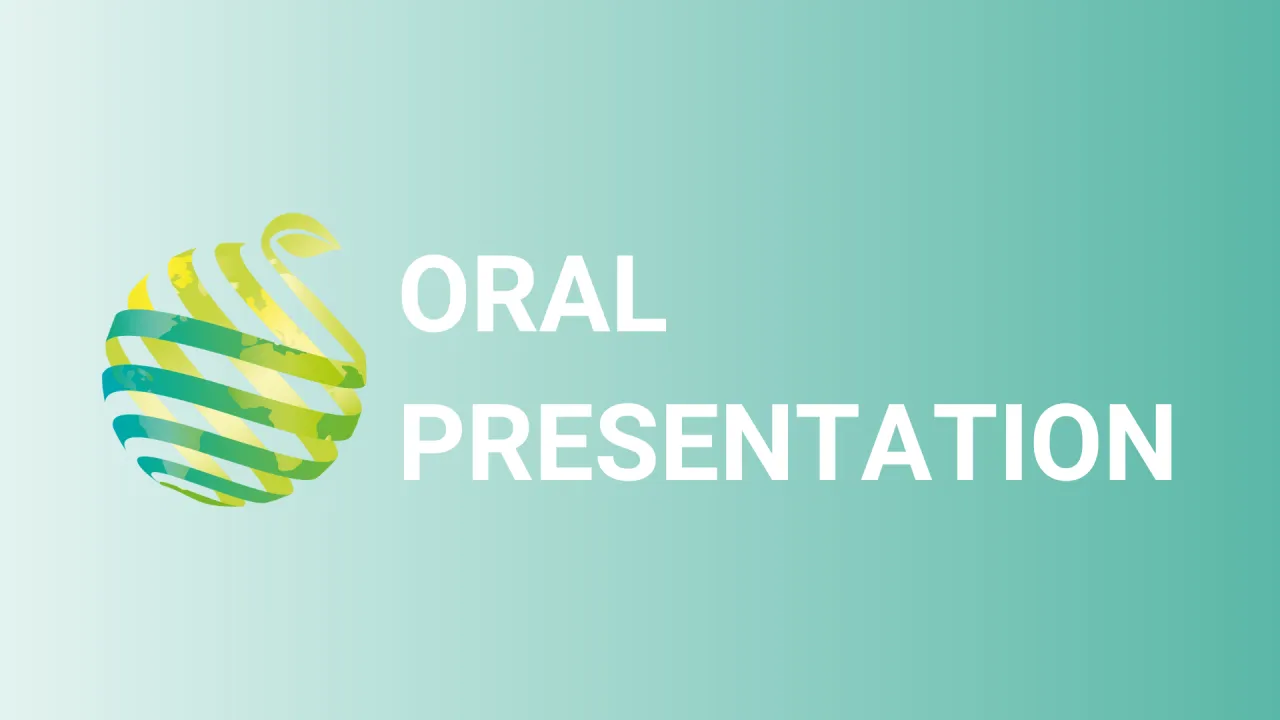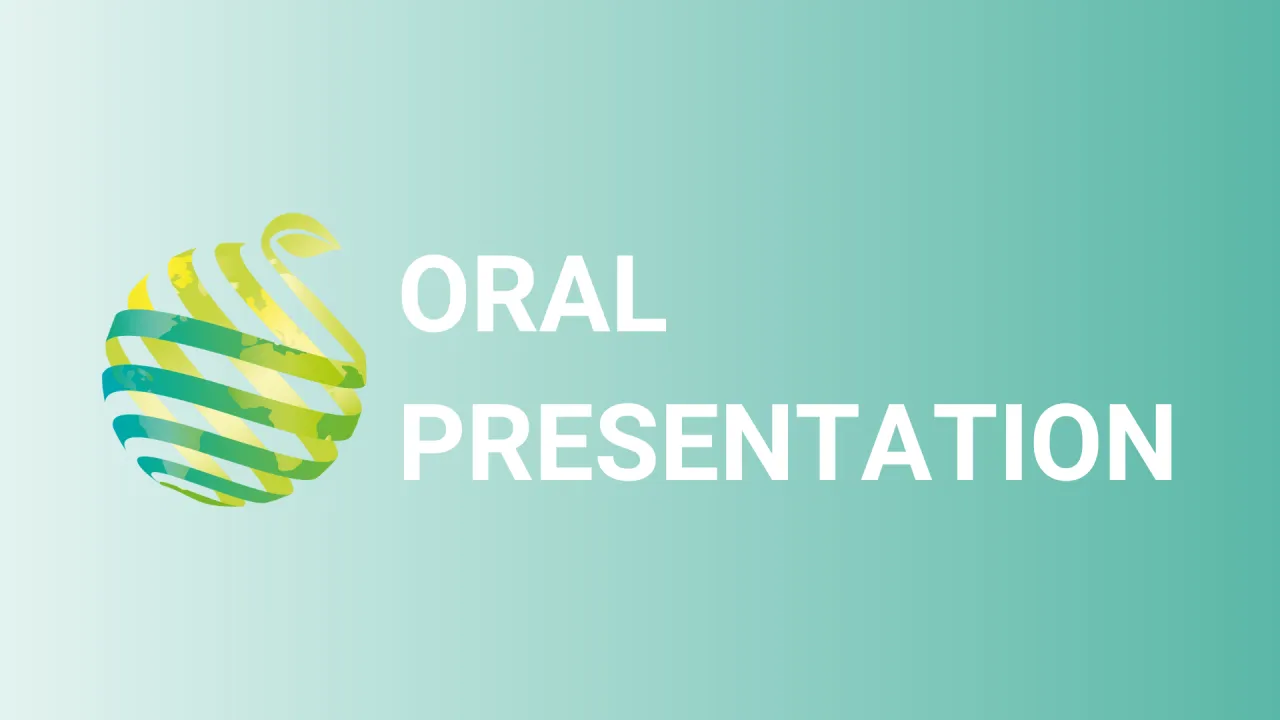

S09 - Session O5 - PDCA cycle treatment as a dynamic framework in horticultural therapy
Information
Authors: Takahiro Hayashi *, Sayaka Mita
The effects of horticultural programs used in horticultural therapy are slow-acting and require long-term intervention. Generally, horticultural programs are developed based on group work and are used for improving sociality and rehabilitation. In previous studies, a static framework was created to support program development, and the functional recovery effect of horticultural programs has been verified. However, it is known that the speed of recovery of human mental and physical functions depends on the individual's self-efficacy for treatment. This suggests that when using a horticultural program for functional recovery, it is necessary to improve the content of the program according to the speed of individual functional recovery. In the manufacturing, service, and education fields, the PDCA cycle is a method for improving the quality of services appropriately and over time. P means planning, D means execution, C means evaluation, and A means improvement. This is a project management method devised by William Edwards Deming. In the medical field as well, the PDCA cycle is used as a methodology for improving the quality of services such as treatment and nursing. We apply the PDCA cycle to horticultural therapy and plan the horticultural program (P), provide it to clients (D), evaluate the effect of the program (C), and improve the program (A) to provide high quality therapeutic support for clients. In this study, we devised a dynamic framework for circulating the PDCA cycle over time for the treatment of horticultural therapy. We also summarized the criteria for the therapist to make rational decisions when circulating the PDCA cycle. This is because if the therapist makes an inappropriate change to the program, there is a risk that the effect will be reduced. Here, we propose PDCA cycle treatment as a new treatment methodology for horticultural therapy and discuss its usefulness.